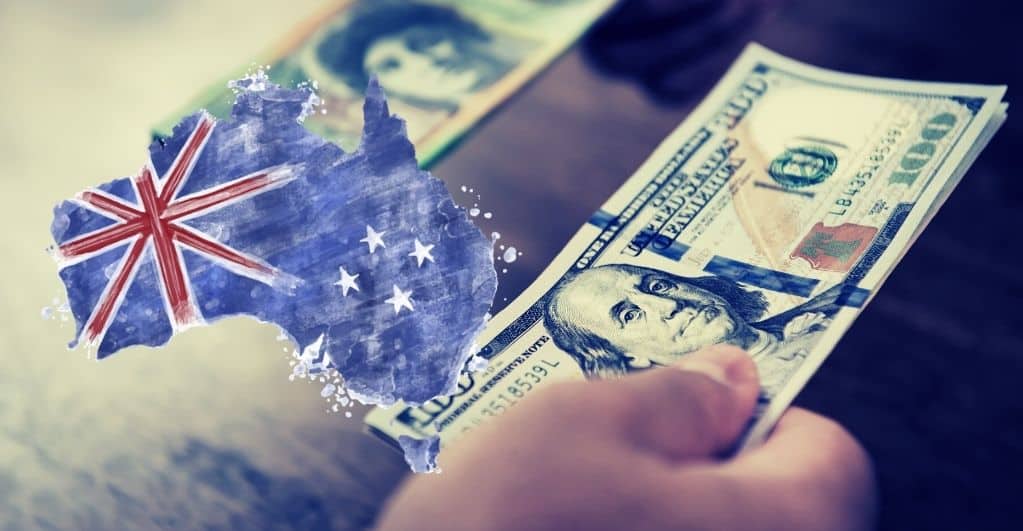With a sudden turn of events overnight, the Australian share market recorded its biggest gain on September 2 after reviving from the Gross Domestic Product’s negative growth of the last two quarters. The Asia-Pacific region stocks rose drastically with the S&P/ASX200 Benchmark Index closing at 6063.2 points that was higher by 109.8 points or 1.84% on Wednesday, rubbishing rumors of elevating depression in the country. The All Ordinaries Index rose by 1.77% or 108.62 points to reach the 6,251.80 figure.
During an interaction, the Australian Bureau of Statistics (ABS) revealed that the gross domestic product or GDP of Australia witnessed a fall of 0.3% in March, whereas the second quarter (June) had a steeping downfall of 7% – the biggest quarterly fall recorded. The surging ASX rally came after the drop of 1.77% of ASX200 on Tuesday. The surprising shoot up helped to pool gains for all the sectors; however, the maximum scores were recorded by telecommunication, financials, consumer discretionary, materials issues, and energy.
The S&P 500 Index increased by 0.8% to record a closing value of 3,526.65, and the Nasdaq Composite ended its day at 11,939.67 marks with a jump of 1.4%. Both the indexes recorded an all-time high after long periods of fall. The U.S dollar index had a value of 92.504 while the Dow Jones Industrial Average held a 0.8% increase to close at the 28,645.66 spot. There was a significant increase in the oil value with international benchmark Brent crude futures amounting to $45.97 per barrel with a 0.86% surge and U.S crude features closing at $43.15 per barrel against the 0.91% increase.
The Commonwealth Bank of Australia economists quoted that it is not surprising that the production reduced drastically because of the economy being shut on a large scale. Policy decisions were made to limit Covid-19 from spreading, and hence, the GDP decline was inevitable.
In China, the Shanghai Composite was down by 0.17%, whereas the Shenzhen component increased by 0.273% on the same day. The Nikkei 225 and Topix index of Japan surged by 0.47% on the closing. On the other hand, Kospi (South Korea) increased by 0.63%, Hong Kong’s Hang Seng index faced a 0.18% down on the final day.
The coronavirus pandemic has given a major jolt to world economies, and the deep fluctuations in the GDP are the direct impact of this crisis. While some economies are having a slight growth, others like India are struggling to find a solution. It will be interesting to see how the financial space will behave in the future.




